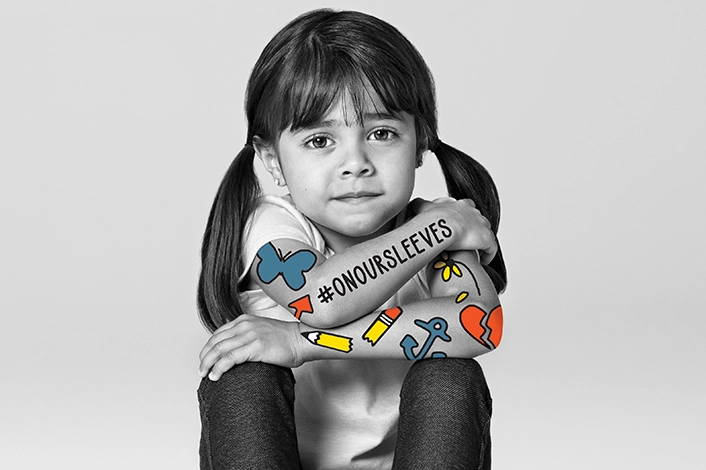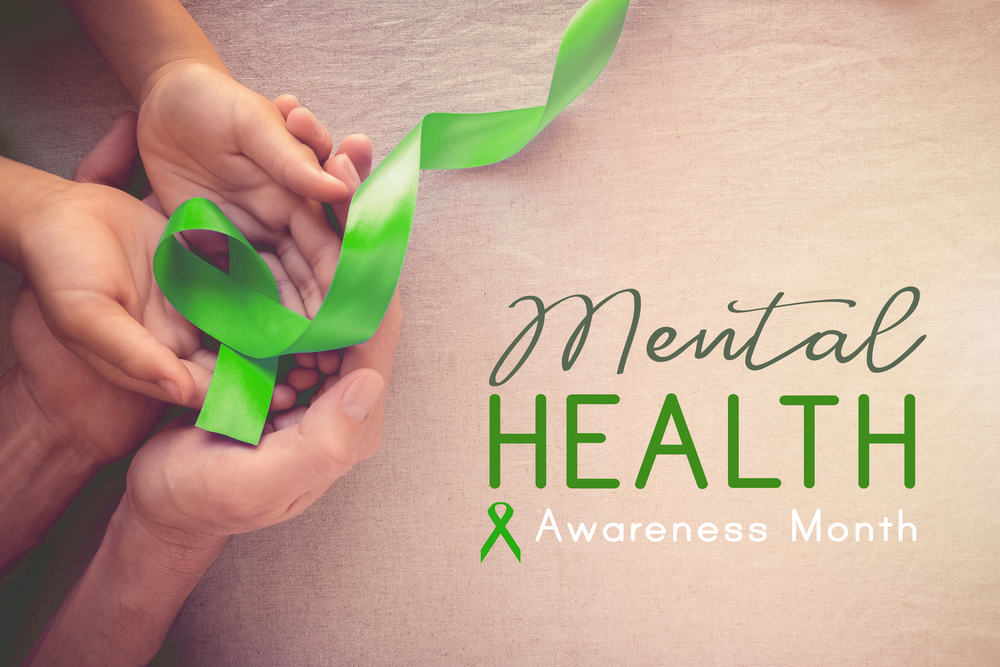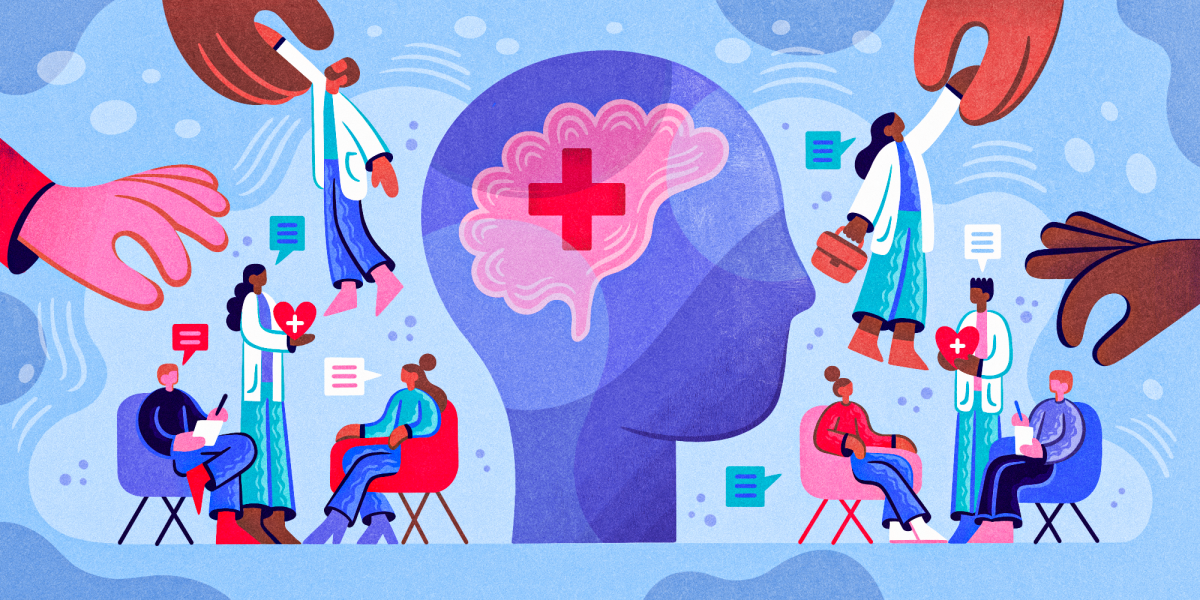In recent years, there has been growing recognition of the importance of addressing mental health issues in children as early as possible.
According to the World Health Organization, mental health conditions account for 16% of the global burden of disease and injury in people under 18 years old.

The impact of untreated mental health issues on children can be significant, affecting their academic performance, social skills, and overall well-being. This is why early intervention is crucial.
Early intervention involves identifying signs of mental health issues as soon as possible and providing appropriate support and treatment.

The earlier mental health issues are detected, the greater the chance of successful treatment and recovery.
Read Also: Mental Health Awareness Urgently Needed in Kenya: A Look at Recent News Stories
This is why it is essential for parents, caregivers, and educators to be aware of the signs of mental health issues and to take action when necessary.

Some of the signs of mental health issues in children may include changes in mood, behavior, or sleep patterns, difficulty concentrating, changes in appetite or weight, physical symptoms such as headaches or stomach aches, and social withdrawal.
It’s important for parents and caregivers to be observant and to seek professional help if they notice any of these signs in their children.
Read Also: How Environment is Responsible for your Mental Health
There are many resources available for parents and caregivers who are concerned about their children’s mental health.

Mental health professionals, such as psychologists or psychiatrists, can provide assessment, diagnosis, and treatment.
Schools may also have guidance counselors or other mental health professionals on staff who can provide support and resources.
One example of a resource for parents and caregivers is the Child Mind Institute, a nonprofit organization that provides support, education, and resources for children and families struggling with mental health issues.

The Child Mind Institute offers a range of services, including assessments, therapy, and parent training programs.
Early intervention can have significant benefits for children’s mental health. It can reduce the risk of long-term mental health problems, improve academic performance, and help children develop healthy social skills.
Early intervention can also reduce the likelihood of other negative outcomes, such as substance abuse or involvement in the criminal justice system.

In conclusion, early intervention is crucial for addressing mental health issues in children.
By identifying signs of mental health issues early on and providing appropriate support and treatment, parents and caregivers can help children lead healthy, happy lives.
Subscribe to Switch TV for more content.
With the help of mental health professionals and resources like the Child Mind Institute, early intervention can make a real difference for children’s mental health.
















